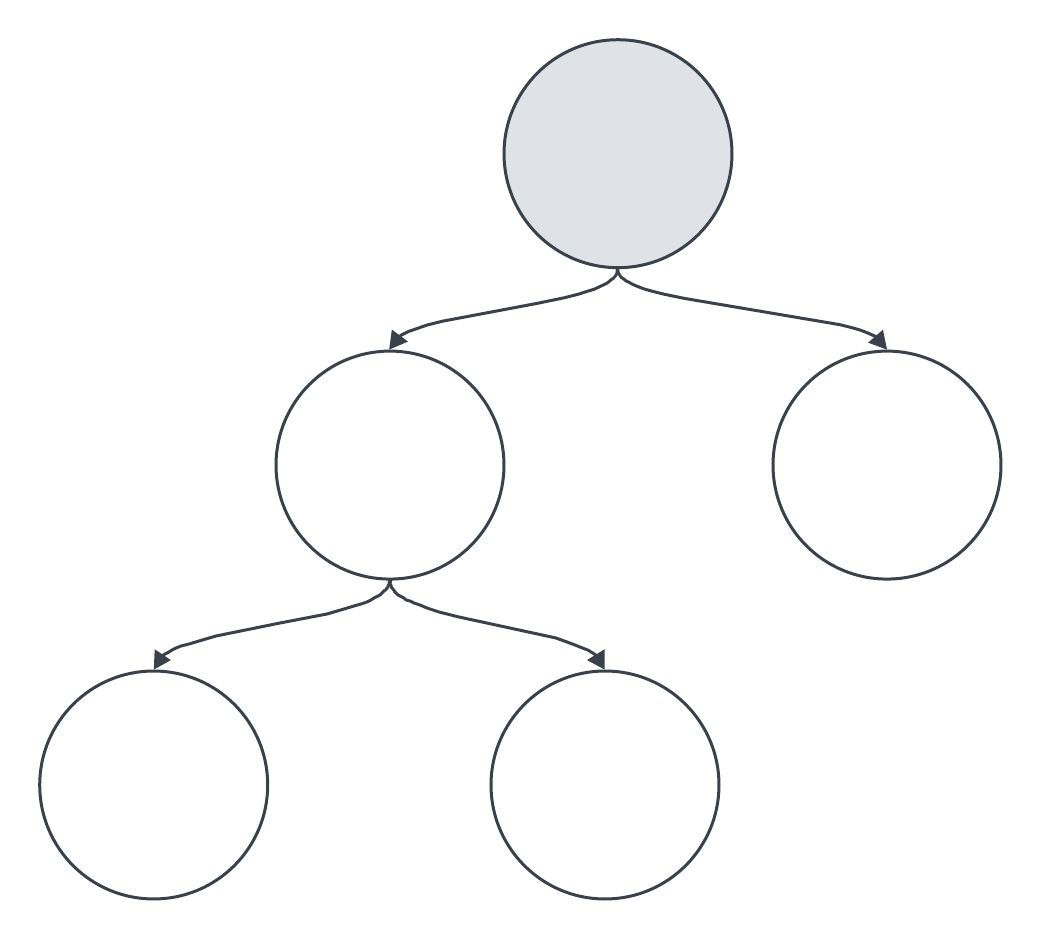First Principles Reasoning
A life altering approach
I watch too much YouTube. The content is great. However it rarely feels the case where you find something new or a new door of knowledge gets unlocked. A door that leads to riches, progress and wins.
This is how it felt when I learned about
First Principles Reasoning.
Since learning it and putting it to use:
The results from my job have improved noticeably
I’ve become better paid
Promotions
Without fear, challenge those who are above me on questionable choices
My confidence has increased enormously
I work in a tech environment where everyone competes on who is the best thinker. Those who think the best rise to the top. Those who make illogical decisions get called out via simple logic and loose face.
So - Truly, cognitively understanding First Principles Reasoning has been a highly, highly valuable addition to my life progression.
The fact that I had never heard about it before leads me to think that the masses don’t know about it and/or don’t understand it. In fact it baffles me that I could go half way through life without seeing it in my education and reading.
I believe there are two levels of “knowing”. There is hearing about something and then the next layer deep, cognitively understanding something. Maybe they are missing the cognitive understanding piece.
I first heard about First Principles Reasoning in an interview with Elon musk. I’ll paraphrase what was said.
Definition
First Principles Reasoning is
questioning every assumption you have in a problem
I get to look at problems every day, all day in my software job. My job is just a stream of decision making based off inputs. Doing it for two decades makes you adept at Boolean logic and general logical thinking.
Also I should state, the context for all of this is that you are trying to make something better. You are trying to improve something or make additions to something. There is no place in reality where making something worse has a place in our Universe. Value doesn’t exist when things are made worse.
When you start your journey on improving something or creating something, you are here at this gray node on this graph. White nodes can be seen as the historical past assumptions and choices. The foundations that the house is built upon.
If you are starting something truly from scratch, the white nodes are things you are building on such as human knowledge, current technology (if you are building something digital), latest and greatest materials (if you are building something physical).
If you are modifying something that already exists such as a piece of software or building a car the white nodes are decisions and implementations that have been made by the previous people working on the project.
Community Spotlight
Newsletters from other independent thinkers you might find interesting.
👉 Money Machine Newsletter, market beating stocks in a 5 min read. Picked by elite traders. Delivered weekly to your inbox pre-market!
Questioning every assumption and Occam’s Razor
So what do we mean by
question every assumption?
You really have to assume every decision that anyone has made is garbage prior to now. At some point if you trace down deep enough you are going to be banging into what humans consider fact or axioms. Say the laws of thermodynamics.
But in-between where you are and the foundations of math and science are some bad decisions.
The universe is scattered with what I call truths - patterns that hold true across multiple domains and subjects.
I consider Occam’s Razor a truth. The definition of Occam’s razor is that
when you have two competing solutions, choose the simplest one
So looking at this chair, we’ve added 2 more legs. Why is this a bad idea? When we bring this wonderful idea into the physical world, the laws of the universe hit it.
If we want to manufacture this spider chair, we’re competing for sales against the 4 leg chair manufacturers. The 4 chair manufacturers have less costs associated due to 2 less legs. Over a 10 year period Spider Chair goes bankrupt due to the manufacturing costs.
The ultimate form of simplicity is nothing.
When evaluating a decision, given that the simplest form of anything is nothing, you really want to be questioning - do we need this? Does it have to have this?
Whenever you deviate from this you get painted slightly into a corner, reducing your optionality for future decision making.
What optionality do you have on the predicate of nothing? Everything!🥳
When creating something from scratch or modifying existing, circle back to unpack each of the white nodes, the previous decisions, the assumptions and question each to find out - was each decision/assumption valid?
If you keep cycling through the graph of assumptions and poking at each of them - in many cases, you can start seeing prior assumptions that were incorrect. When they are logically incorrect, remove them and go down a layer. Scour the tree/graph for invalid assumptions and choices and remove them.
Occam’s Razor and First Principles Reasoning fit hand in glove.
The next step is getting Cojones to fight to re-build your world by ripping these decisions out!
If you can get the same outcome from a re-imagined graph with less white nodes or more abstract/simpler white nodes then you have done the world good!
You are free to continue building now on this much more robust base.
Concrete Example
I tend to live in a world of abstractions, so let’s bring it down to earth.
Lets focus in on software to make things a bit more flexible. Software is a fantastical world where you can model anything be it real or completely defy the laws of physics as we know them.
A flexible sandbox for a thought exercise.
Lets say for example we are asked to email John, Joe and Katy when a business process completes.
How my brain would naturally flow would be to understand everything about the dashboard and the emails and the people that use the emails.
“What users look at the emails?”, “What do they do with the information in the emails?”, “Why do they need to be notified?” and so on.
In many cases answers will emerge along the lines of “We’ve always used emails as to notify people - is there another way?”, “Oh I didn’t know about email groups rather than sending it to individuals”, “Oh I didn’t know about dashboards that showed you alerts” and so on. Maybe the people that receive the email don’t actually read or do anything with it and it goes to an inbox to collect dust. Maybe they always forward it to someone else. Maybe there is a new system for alerting coming into play next month that got forgotten about in the business requirements.
Elon Musk
Elon’s success at Space X has been partly due to throwing away convention and starting afresh. Space launches were only from throw away space vehicles. Until he questioned this logic and found it would be way cheaper to re-use the vehicles. By designing reusable rockets and building key components in-house, Musk was able to drastically lower costs, making space travel more accessible and positioning SpaceX as a leader in the space industry.
At Tesla he threw away the idea of vehicles having to be internal combustion and instead could be electric. He threw away the industry standard of 12 volt wiring in favor of 48 volt enabling less material, less heat generation. He fast tracked the idea of die casting car frames to speed up production. And obviously pushed hard for autonomous driving with the assistance of AI.
I’ve had many Autopilot rides and they scare the crap out of me but in a good way. Highly, highly impressive.
I suggest you spend the time to cognitively understand First Principles Reasoning and apply it your decision making when building or modifying things. It may take some project experience as a professional to fully grasp this concept, but keep practicing.
Interestingly, In researching this topic I found something interesting that I didn’t know- that Aristotle defined a first principle as:
the first basis from which a thing is known.






Great post! I'm going to be sure to delve deeper into the concept of first reasoning!
Since you mention Elon Musk and enjoying YouTube, you should check out the "Sigma male" content on YouTube.
Elon is definitely a Sigma, and understanding his characters explains a lot about his rationale and thought process.
Reasoning from first principles requires a great deal of cognitive bandwidth, which is why people often have such difficulty with it.
There is tremendous value that can be unlocked, however, in doing so.
My goal with Risk & Progress, for example, is an attempt to understand human progress and the meaning of life beginning from the first principles of physics, hence why I begin Pathways of Progress with a discussion of entropy and the history of the universe.